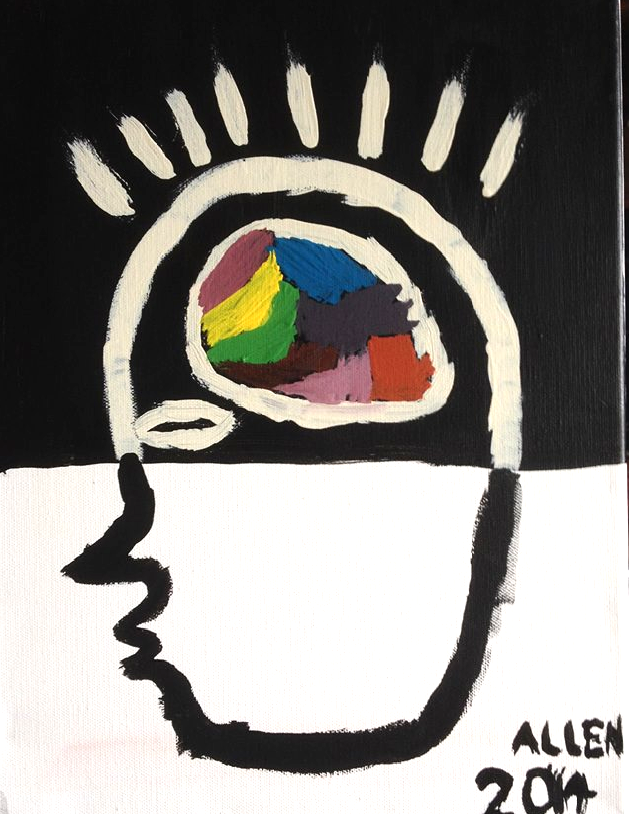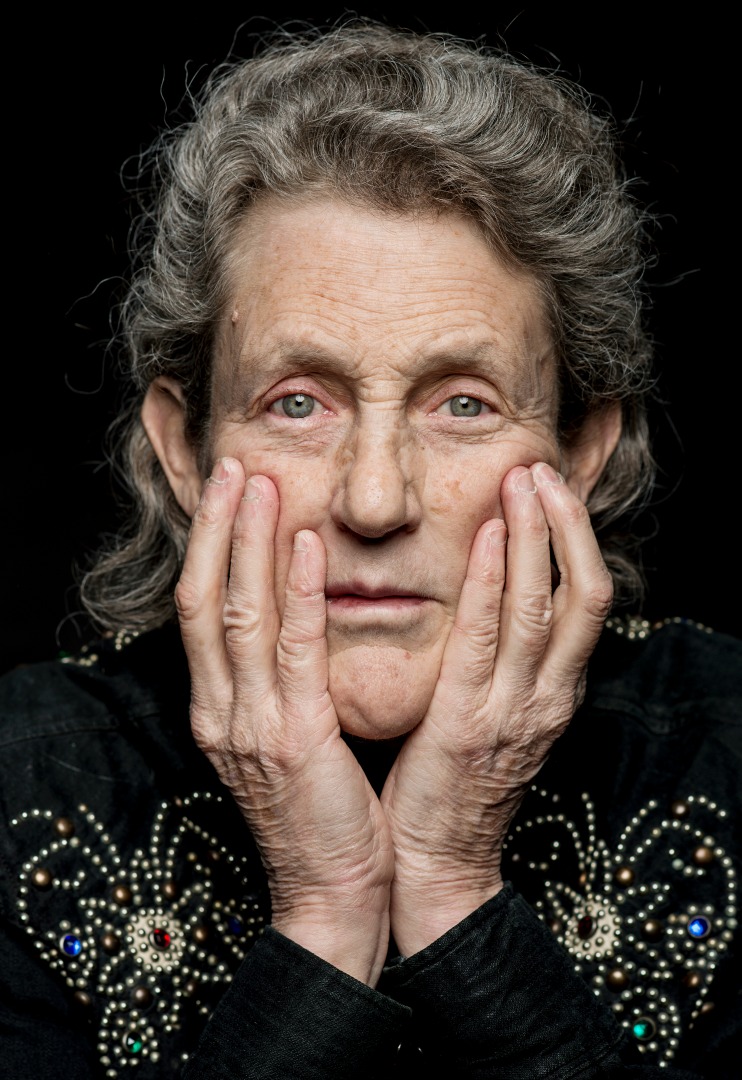Samuel Allen, diagnosed with ASD, attempts to explain to neurotypicals how it “feels” to have autism by way of art and an audio description.
Jennifer AllenA graduate of Abilene Christian University, Jennifer had a long career in TV Broadcasting. Upon learning her oldest son Sam had a form of Autism called Asperger’s Syndrome, she left her career and became a full-time mother to both of her sons. Jennifer elicited the participation of her familyContinue Reading









